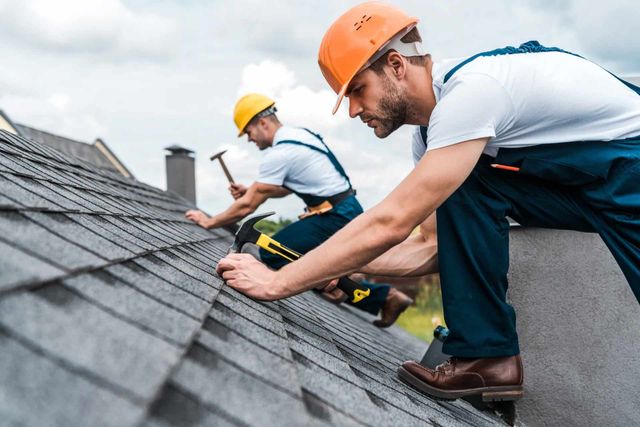A comprehensive plumbing inspection is a crucial step in maintaining the functionality and efficiency of your home’s plumbing system. During this process, a licensed plumber will thoroughly examine all aspects of your plumbing system to identify any issues or potential problems that may need attention.
One of the first things you can expect during a comprehensive plumbing inspection is an examination of your water supply lines. The plumber will check for leaks, corrosion, or any other signs of damage that could lead to water waste or potential flooding. They will also inspect the water pressure to ensure it is at an optimal level for efficient use throughout your home.
Next, the plumber will inspect your drains and sewer lines to ensure they are free from clogs or blockages. This may involve using specialized equipment such as cameras to get a closer look at the interior of the pipes. Any obstructions found during this process will be addressed promptly to prevent backups and potential damage to your property.
The inspection will also include an assessment of your fixtures and appliances, such as sinks, toilets, showers, and water heaters. The plumber will check for any leaks, cracks, or malfunctions that could compromise their performance. They may find out more also test for proper drainage and temperature control to ensure everything is functioning as it should.
In addition to examining visible components of your plumbing system, the plumber will also assess less accessible areas such as crawl spaces or basements where pipes are located. This thorough inspection helps identify hidden issues that could go unnoticed until they become major problems.
Once the inspection is complete, the plumber will provide you with a detailed report outlining their findings and recommendations for any necessary repairs or maintenance. This information can help you make informed decisions about how best to address any issues identified during the inspection.
Overall, a comprehensive plumbing inspection offers peace of mind knowing that your home’s plumbing system is in good working order. By identifying and addressing potential problems early on, you can avoid costly repairs down the line and ensure that your home remains comfortable and safe for years to come.
In conclusion, scheduling regular plumbing inspections is essential for maintaining the health and longevity of your home’s plumbing system. By knowing what to expect during a comprehensive inspection, you can stay proactive in caring for one of your home’s most important systems.







